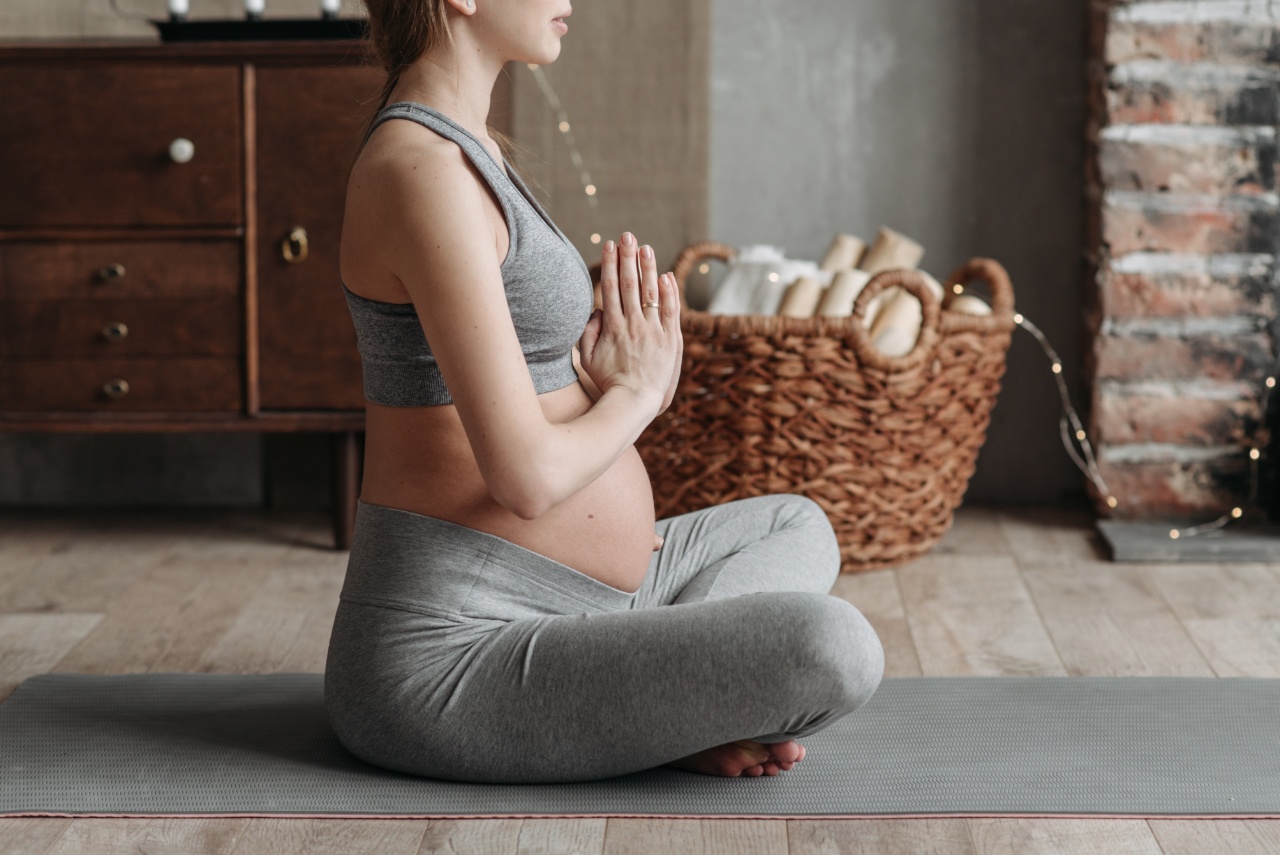Many couples planning to have a baby often ponder over various factors that can optimize their chances of a healthy pregnancy. From lifestyle changes to dietary modifications, every aspect is meticulously considered.
One question that arises frequently is whether a calm pre-pregnancy period contributes to a higher or lower likelihood of ectopic pregnancy.
Understanding Ectopic Pregnancy
Ectopic pregnancy occurs when a fertilized egg implants itself outside of the uterus, typically in the fallopian tubes. This condition, also known as a tubal pregnancy, is not viable and poses serious health risks to the mother if left untreated.
In rare cases, the pregnancy can implant in other locations such as the cervix, ovary, or abdominal cavity.
Ectopic pregnancies account for approximately 1% to 2% of all pregnancies, and the rates have been steadily increasing over the years. This condition requires immediate medical attention to prevent life-threatening complications for the mother.
The Impact of Stress on Reproductive Health
Stress is an inevitable part of life, but its influence on overall health, including reproductive health, has been a topic of extensive research.
While an occasional bout of stress may not have significant consequences, chronic stress has been linked to various health issues, including hormonal imbalances and menstrual irregularities.
Research suggests that high stress levels prior to conception can potentially affect the delicate hormonal balance necessary for a healthy pregnancy.
Stress hormones released during periods of high stress, such as cortisol and adrenaline, may disrupt the normal functioning of the reproductive system, affecting ovulation and the implantation process.
Stress and the Risk of Ectopic Pregnancy
Exploring the relationship between stress and ectopic pregnancy risk is a complex endeavor. Limited studies have been conducted specifically focusing on this connection, making it challenging to draw definitive conclusions.
However, some studies have indicated a potential correlation between prolonged periods of stress and an increased risk of ectopic pregnancy.
One theory suggests that stress-induced hormonal imbalances may affect the fallopian tubes’ ability to effectively transport the fertilized egg to the uterus.
These changes could increase the likelihood of the embryo implanting within the fallopian tubes, leading to an ectopic pregnancy.
Other Risk Factors for Ectopic Pregnancy
While pre-pregnancy stress levels may be a potential risk factor, it is vital to understand that ectopic pregnancy can occur in women who have never experienced significant stress as well.
Several other known risk factors contribute to the likelihood of developing an ectopic pregnancy:.
1. Previous Ectopic Pregnancy
If a woman has previously experienced an ectopic pregnancy, her chances of having another one in subsequent pregnancies increase significantly.
2. Pelvic Inflammatory Disease
Pelvic inflammatory disease (PID) can cause scarring and damage to the fallopian tubes, making it more difficult for the fertilized egg to reach the uterus and increasing the risk of ectopic pregnancy.
3. Tubal Abnormalities
Structural abnormalities in the fallopian tubes, either congenital or acquired, can increase the chances of ectopic pregnancy. These abnormalities can interfere with the normal movement of the fertilized egg towards the uterus.
4. Age
The risk of ectopic pregnancy increases with age. Older women may be more prone to conditions such as infections, pelvic damage, or chronic diseases that contribute to the likelihood of ectopic pregnancy.
5. Fertility Treatments
Women who have undergone fertility treatments, such as in vitro fertilization (IVF), have an increased risk of ectopic pregnancy.
The procedures involved in fertility treatments may compromise the normal functioning of the fallopian tubes or alter the normal implantation process.
Reducing Stress Levels for a Healthy Pregnancy
Although the relationship between stress and ectopic pregnancy is still being explored, it is always beneficial to aim for a calm and stress-free pre-pregnancy period for overall reproductive health.
While complete avoidance of stress may be impossible, incorporating stress-reduction techniques into daily life during the planning phase can contribute to a healthier pregnancy.
Consider the following tips to reduce stress levels:.
1. Prioritize Self-Care
Engage in activities that help you relax and unwind. This can include hobbies, yoga, meditation, or simply spending quality time with loved ones.
2. Maintain a Healthy Lifestyle
Eating a balanced diet, exercising regularly, and getting sufficient sleep can support your overall well-being and reduce stress levels. Consult with a healthcare provider for personalized recommendations.
3. Seek Emotional Support
Share your concerns, fears, and aspirations with trusted friends, family members, or a therapist. Talking openly about your emotions can alleviate stress and provide a sense of comfort.
4. Consider Stress-Reduction Techniques
Explore relaxation techniques like deep breathing exercises, mindfulness, or journaling to help manage stress. These techniques can help you regain a sense of calm and perspective.
Remember, maintaining good mental and physical health is essential for promoting a healthy pregnancy, regardless of its impact on the risk of ectopic pregnancy.






























